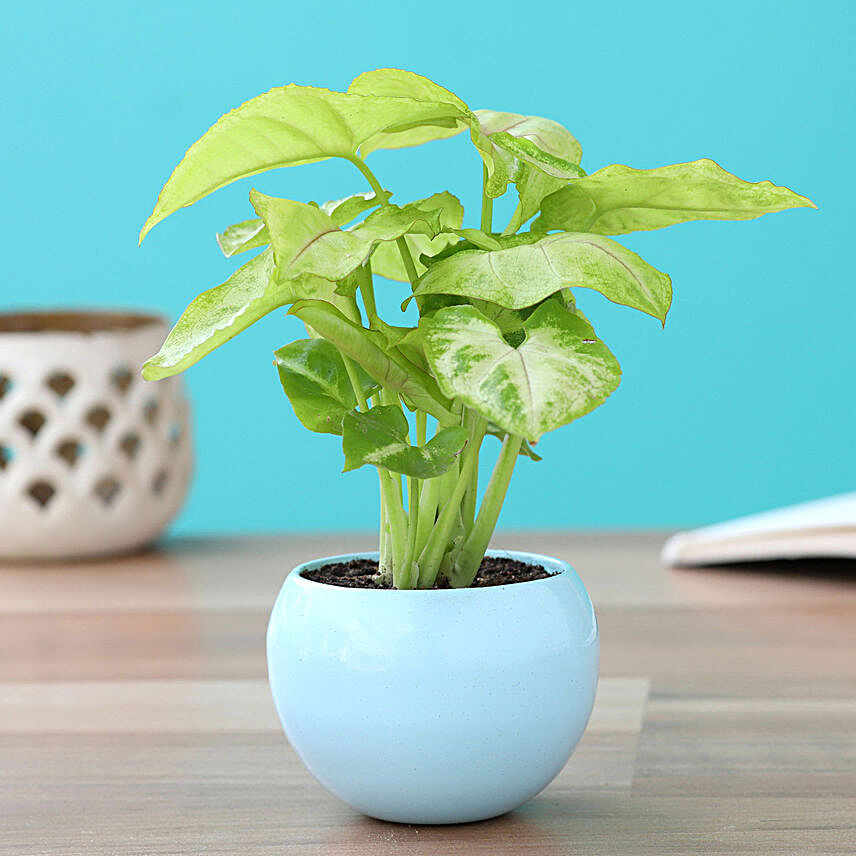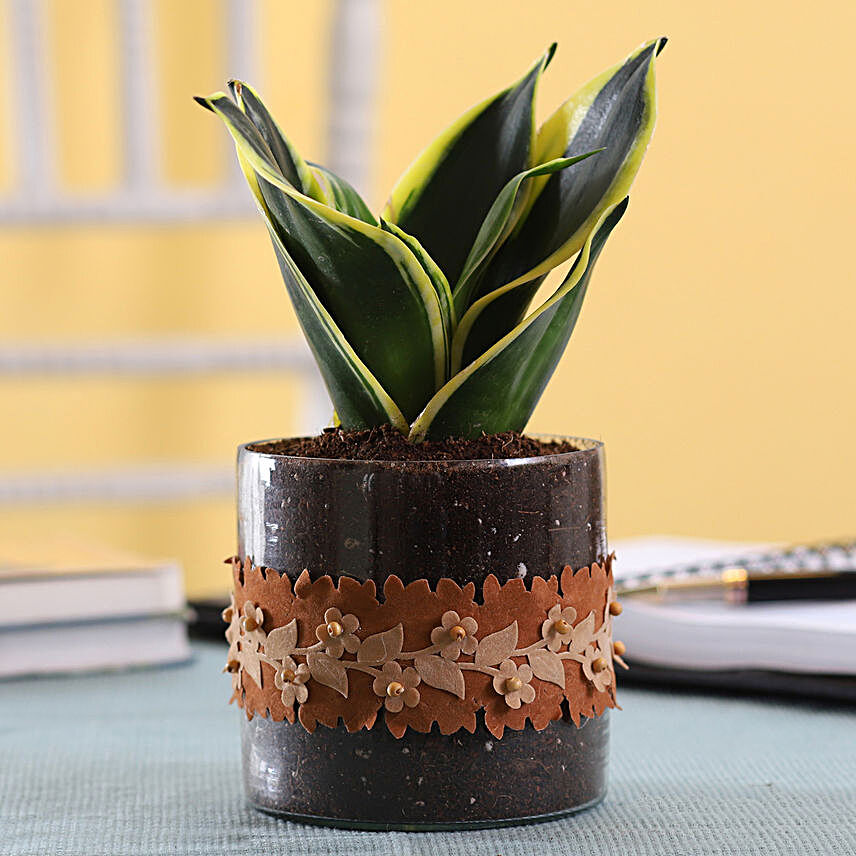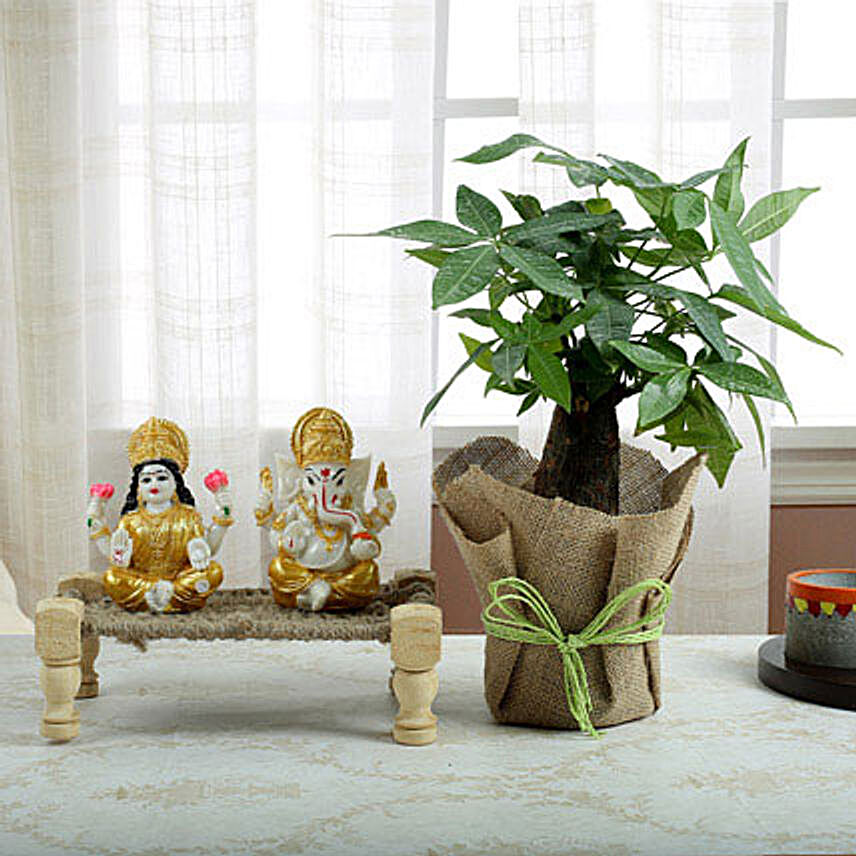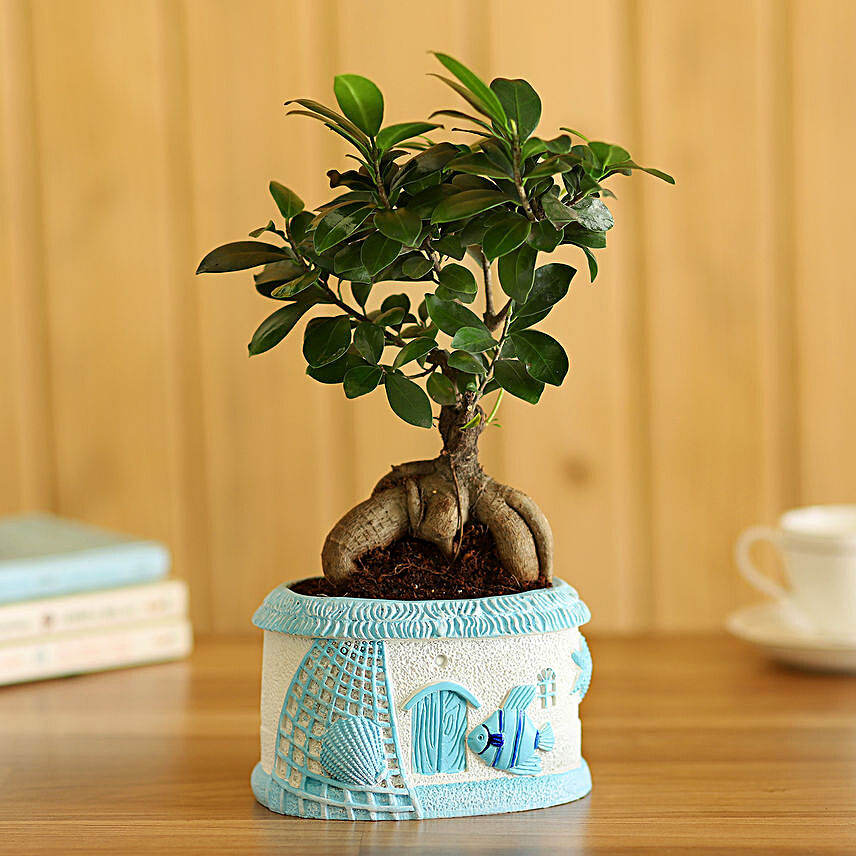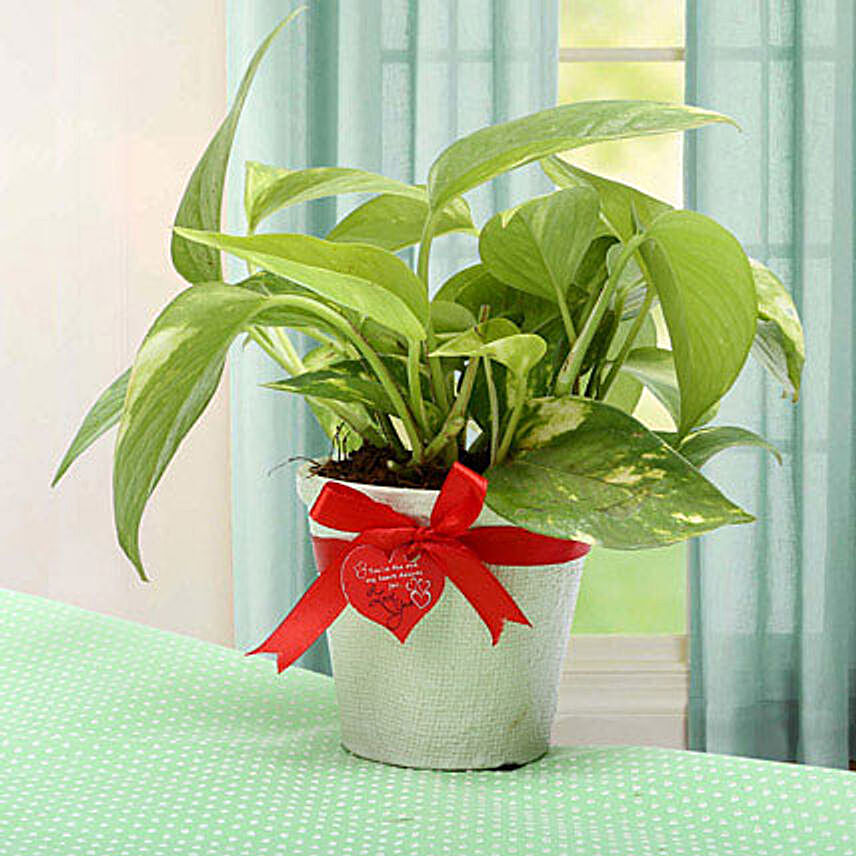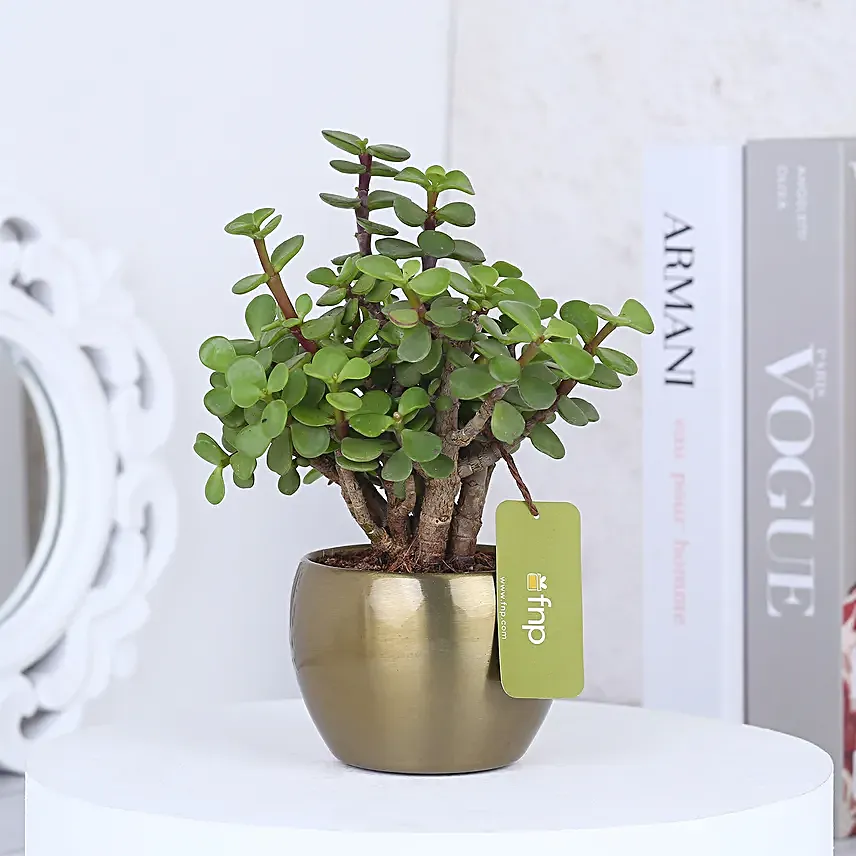Mastering Monsoon: Essential Tips for Plant Care in the Rainy Season
- Author: Anushka Published: 17th Jul, 2023
There's something enchanting about the arrival of monsoons - the rhythmic patter of rain, the refreshing breeze and a time to unwind. However, our beloved greens may face challenges at such times. To ensure the health and well-being of your beloved plants during the rainy season, below we have compiled a comprehensive guide of essential tips. Discover the art of nurturing your plants via the below-mentioned practices and master monsoon plant care, regardless of the place you live.
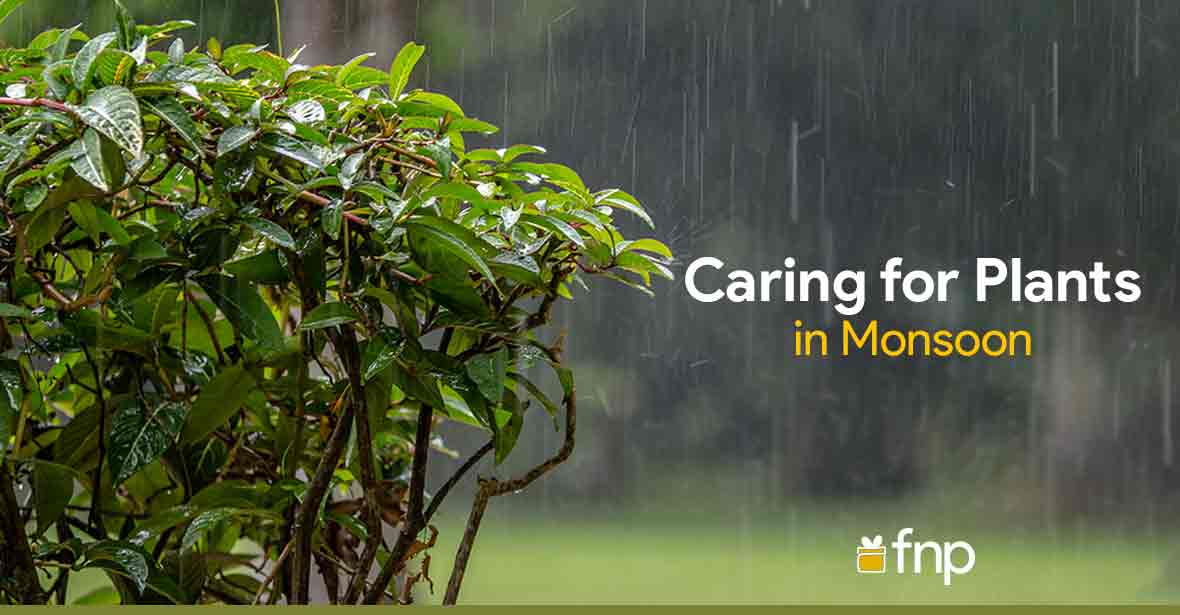
Drainage is Key
Good drainage is crucial during the rainy season. Ensure that your plant pots have sufficient drainage holes to prevent waterlogging, which can lead to root rot. Elevate pots using bricks or stands to promote better drainage. Additionally, consider using a well-draining potting mix that allows excess water to flow freely.
Shelter Your Plants
While rain is beneficial for plants, heavy downpours can cause damage. Protect vulnerable plants by providing them with shelter. Move potted plants like succulents and pothos plants to covered areas like balconies, porches or under canopies. For garden plants, you can use temporary structures like umbrellas, row covers (garden fabric) or tarpaulins to shield them from heavy rain. This will prevent water damage, minimise soil erosion and maintain overall plant health.
Pruning and Cleaning
Though this should be a year-round practice, keep your plants tidy and free from dead leaves & debris more during monsoon season. Regularly prune overgrown branches and trim excessive foliage to improve air circulation and reduce the risk of fungal diseases. Remove fallen leaves promptly, as they can become breeding grounds for pests and diseases. Remember to sterilise your pruning tools between plants to prevent the spread of infections.
Beware of Fungal Diseases
Rainy weather creates a favourable environment for fungal diseases. Take preventive measures such as spraying organic fungicides on susceptible plants to protect them from infections. Avoid overwatering and allow the soil to dry out slightly between waterings to discourage fungal growth. Improve air circulation by spacing out plants appropriately. Proper ventilation will help keep leaves dry and reduce the risk of fungal diseases.
Check Soil Regularly
In the rainy season, heavy rains can wash away the healthy soil layer. Check your soil to ensure successful plant growth. Make sure the soil is porous, allowing water to drain freely around the roots. Loosen the soil to improve water absorption. If water doesn't seep easily, remove moss or algae that form around plants to maintain a healthy environment.
Organic Pest Control
Rainy seasons often invite a surge in pests. Embrace organic pest control methods to protect your plants and the environment. Use natural remedies like neem oil, garlic spray, or insecticidal soap to deter pests. Encourage beneficial insects like ladybugs and lacewings to thrive in your garden, as they are natural predators of common garden pests. Regularly inspect your plants for signs of infestation and take prompt action to keep pests at bay.
